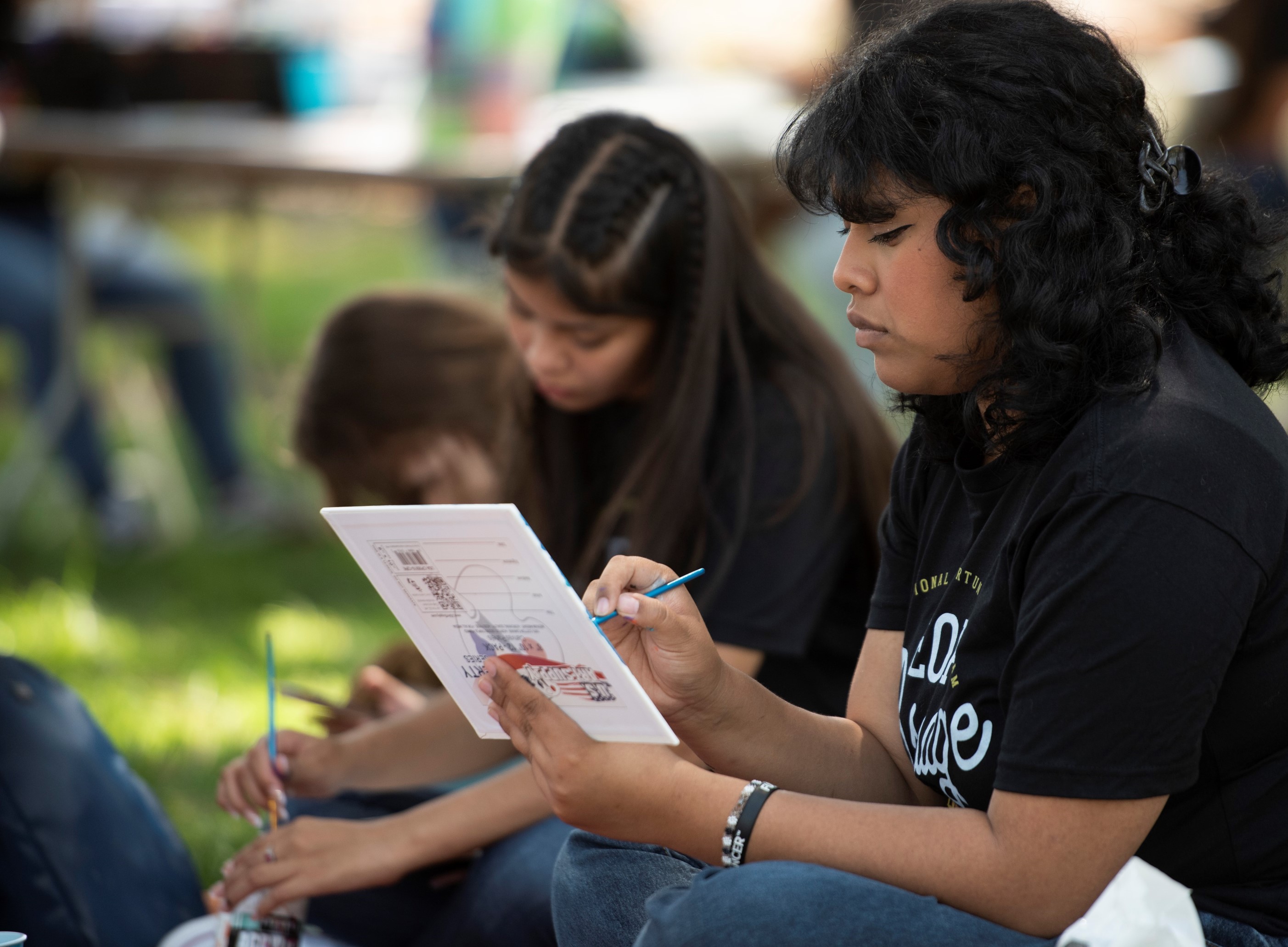Early exposure to STEM research as a foundational experience for STEM careers
Main Article Content
Abstract
The benefits of undergraduate research to student persistence and success has been established in the literature. Less studied, however, is the long term impact of early exposure to research among students from underserved backgrounds.This qualitative study of undergraduates participating in a unique summer research program uncovers the deeper meaning of the overall experience on the students: from the lab itself, to the mentors, peers, professional development, socials, and the impact of the program staff. Three major themes emerged: (1) Early exposure to research as a foundation for career direction; (2) Relationships with peers and mentors as highly valued; and (3) Development of skills leads to personal and professional growth, and confidence. Additionally, underrepresented students described the value of having minority role models and peers, and the excitement of continuing their research throughout their undergraduate careers. A full compensation package of stipend and housing made a practical difference for several of the participants. This qualitative study offers a deeper understanding of these impacts through the voices of the participants.

